EU Omnibus: What does it mean for Euro game sustainability? + GTG Links No.58
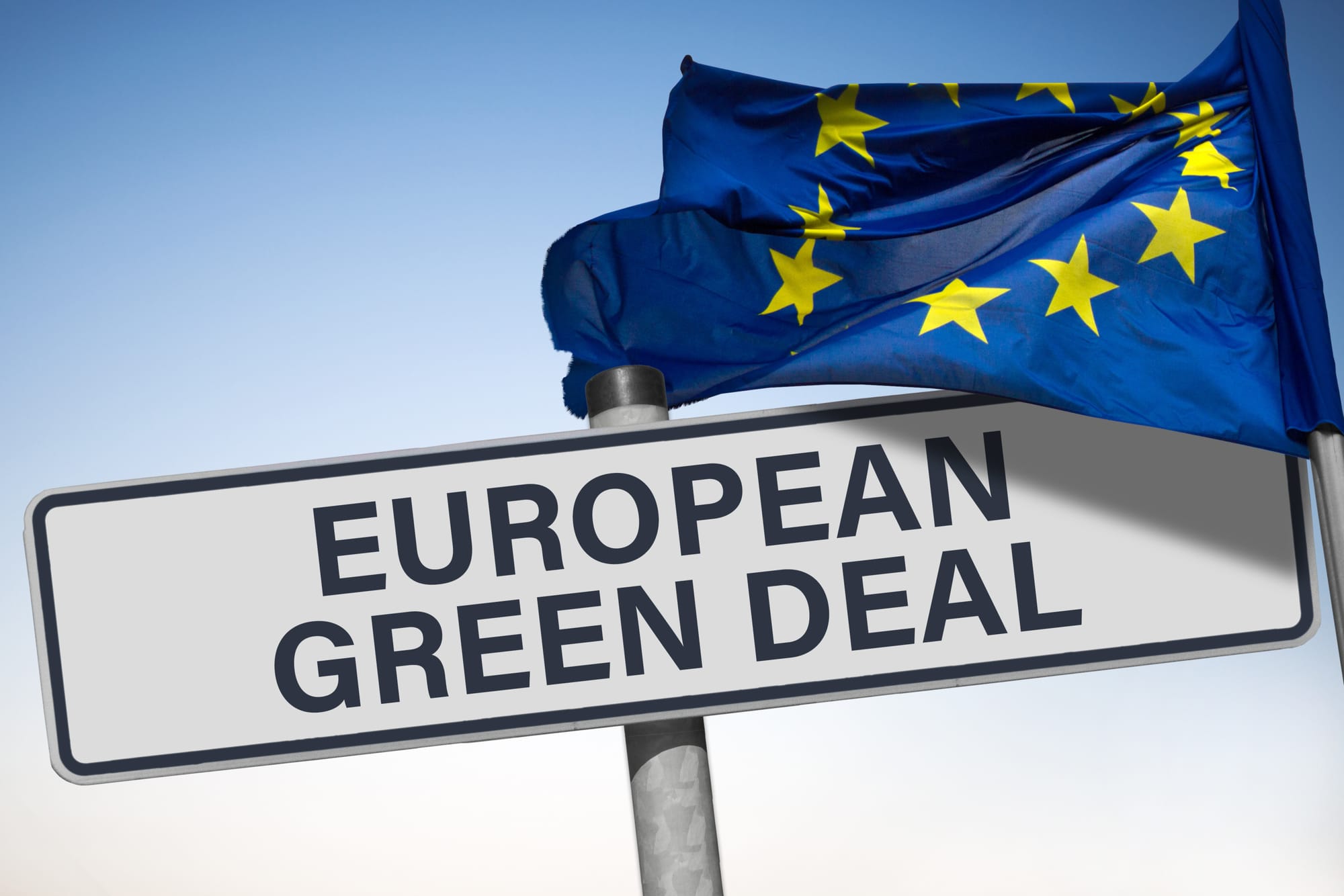
Hello, we're back after a skip week. And that's because last week the EU Commission dropped a very late, late breaking proposal to change the rules for a bunch of sustainability legislation – from the Corporate Sustainability Reporting Directive (CSRD) that sets the scope of companies that must report, and the timeline they have to do it on, to the Corporate Sustainability Due Diligence Directive which requires large companies to engage their suppliers (and even their suppliers suppliers) to ensure there are no ESG risks lurking up or downstream in their wider value chain.
Well, some of that is now up in the air thanks to the Omnibus – and the vibes... well let's just say they're not... great. A lot of us who care about sustainability and believe in the importance of disclosures can't help but feel like aspects of the changes are a capitulation to a deregulatory agenda. Some parts of the Omnibus changes are a welcome simplification – but some go well beyond that into slash-and-burn territory.
To try and help the European games industry understand what is happening with the proposal, and what it likely means for companies that have already started their preparations, the Sustainable Games Alliance and the EGDF teamed up to give our overview of the changes. You can see the full webinar below, and how I think we can turn this disappointment into an opportunity and make the best of a confusing situation.
Some other things that the SGA has done recently I also wanted to bring to your attention – first our SGA plastic to paper webinar is a fantastic explanation of how Football Manager developer Sports Interactive ditched the plastic game cases.
There are a bunch of neat takeaways from it – one that I especially wanted to highlight was a point that Matt Carrol of Sports Interactive made about the shift from old “cardboard” PC game box format being such a LARGE format that had high shipping costs. I remember that era of PC gaming – and I had so many cloth maps from the Isometric RPGs of the early 00s, and even had a stash of lovely shiny boxes for many years until my parents got sick of me storing them for free in their wardrobe years after I had moved out.
Also we uploaded another great webinar – this time on the reception of the Cities Skylines Green Cities DLC. (I still haven't had a chance to catch up on this one yet)
On to regular interesting reading.
Call of Duty releasing on PS4 & XB1
I know this is mainly because there is still a market for it, with people still playing and enjoying these platforms, but part of me rejoices at the ability to squeeze some extra life out of these long-in-the-tooth (and relatively less power-hungry) devices. Slowing the hardware upgrade cycle down is a sustainability win.

Geological net zero
Fantastic new theoretical article clarifying the role of carbon sinks of different durations in getting to Net Zero. Really, really important stuff for any use of carbon removals and storage if it's to have a true and lasting impact on the climate.
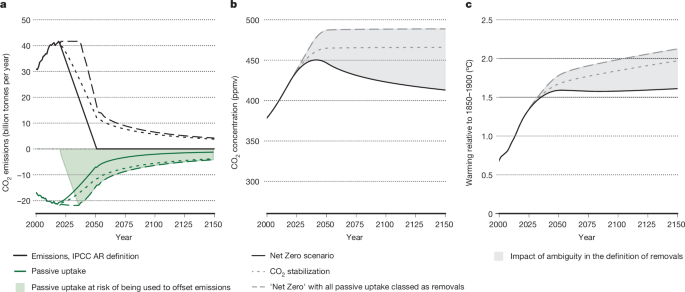
Limited accountability and awareness of corporate emissions target outcomes
This one is a bit less exciting, but it comes as no surprise:
we examine emissions targets that ended in 2020 to investigate the final target outcomes, the transparency of target outcomes and potential consequences for missed emissions targets. A total of 1,041 firms had emissions targets ending in 2020, of which 88 (9%) failed and 320 (31%) disappeared. We find limited accountability and low awareness of the target outcomes. Only three of the failed firms are covered by the media. After a firm fails its 2020 emissions target, we do not observe significant market reaction, changes in media sentiment, environmental scores and environment-related shareholder proposals. In contrast, initial announcements of these 2020 emissions targets are rewarded with significant improvements in media sentiment and environmental scores. Our findings raise concerns for the accountability of emissions targets ending in 2030 and 2050. [Emphasis mine]
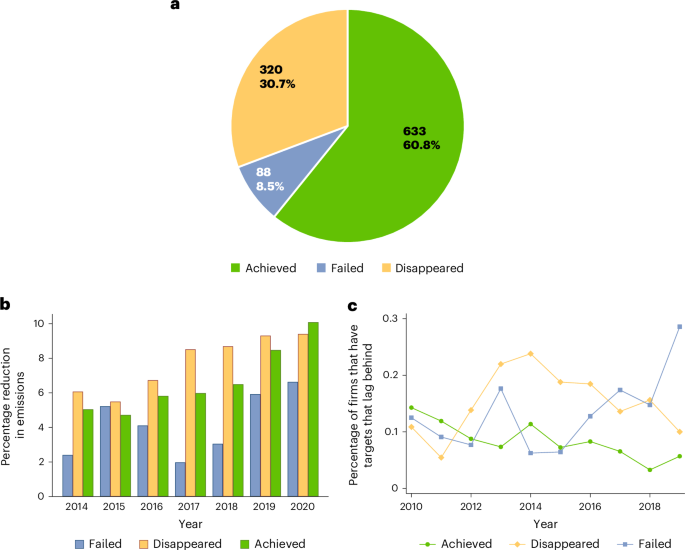
Golf courses take up more land than all the solar and wind in the world

PIRG repairability report card

Big (Brother) Data : mapping the role of the state in enabling “platform capitalism”
Really cool looking new journal article.
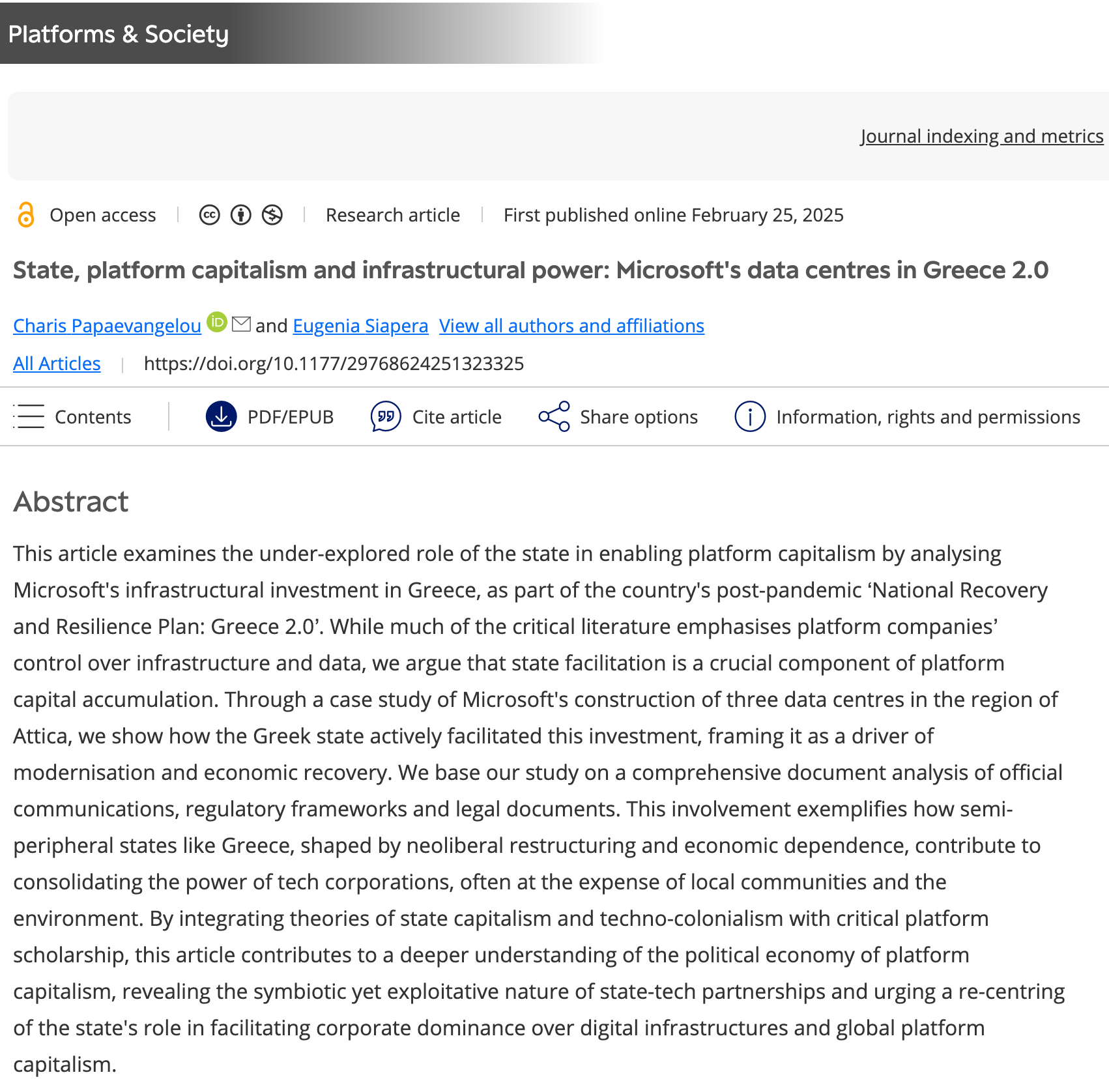
Open access too! Check it out here.
The hardest thing about a climate disaster might not be the disaster, but living through what comes after

Hmmm is this good?
Researchers are beginning to pinpoint how clouds are changing as the world warms. In Goessling’s study, published in December in the journal Science, researchers analyzed how clouds have changed over the past decade. They found that low-altitude cloud cover has fallen dramatically — which has also reduced the reflectivity of the planet. The year 2023 — which was 1.48 degrees Celsius above the preindustrial average — had the lowest albedo since 1940.
In short, the Earth is getting darker.
That low albedo, Goessling and his co-authors calculated, contributed 0.2 degrees Celsius of warming to 2023’s record-high temperatures — an amount roughly equivalent to the warming that has so far been unexplained. “This number of about 0.2 degrees fairly well fits this ‘missing warming,’” Goessling said.
https://www.washingtonpost.com/climate-environment/2025/02/14/global-warming-acceleration-clouds/
Jens Malmodin and co. study of ICT sector emissions in 2020
The study builds on a high number of data sources including measured and reported data from 150 companies that is estimated to cover about 80% of network subscriptions, about 55% of data center electricity, and about 35% of upstream GHG emissions. To understand the development, the results are put into the perspective of earlier studies. In conclusion, the ICT sector used about 4% of the global electricity in the use stage and represented about 1.4% of the global GHG emissions in 2020. The use stage electricity consumption and the total GHG emissions have increased since 2015, but the impact per subscription has decreased. The user devices accounted for over half of all GHG emissions, with equal parts relating to use stage and other lifecycle stages. For networks and data centers, the use stage GHG emissions are dominating. [Emphasis mine]
https://www.sciencedirect.com/science/article/abs/pii/S0308596123002124
Dark mode websites and apps might not actually save any power
And could even increase them if people turn the brightness up! This is a really interesting study, and why we need to always check our sustainability mental models and assumptions against real use cases.

Every wanted to know about the GHG emissions of the South African Game Industry?
Last but not least: I got sent this by friend-of-GTG Brenden Keough in a funny bit of miscommunication – but if you want to know how much CO2 was used hunting zebra in the 2010s, now you can find out!
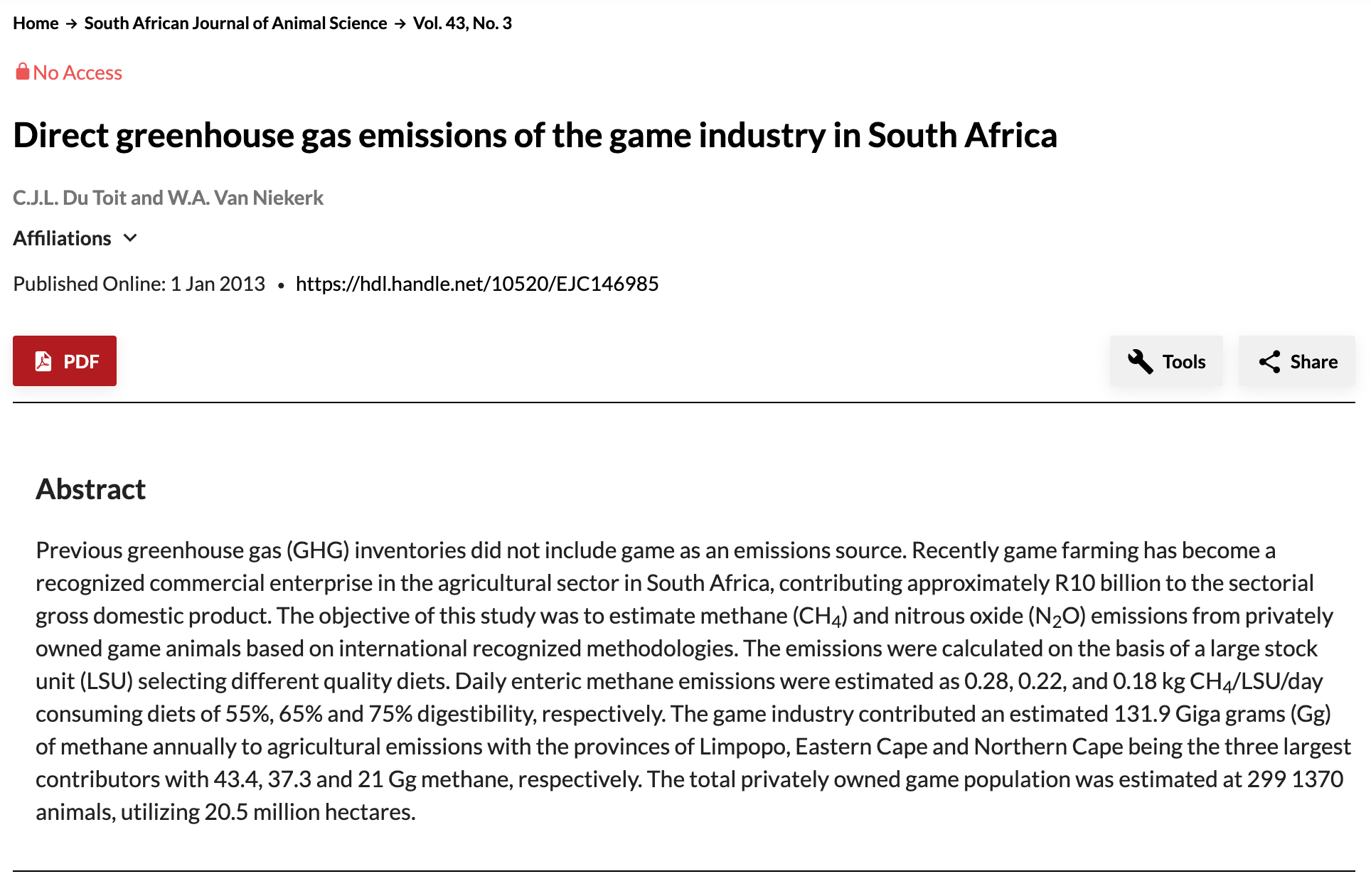
https://journals.co.za/doi/abs/10.10520/EJC146985
Alright enough sillyness. I hope you are staying safe and sane in these trying times. Back with more soon – March is shaping up to be a crucial month.






